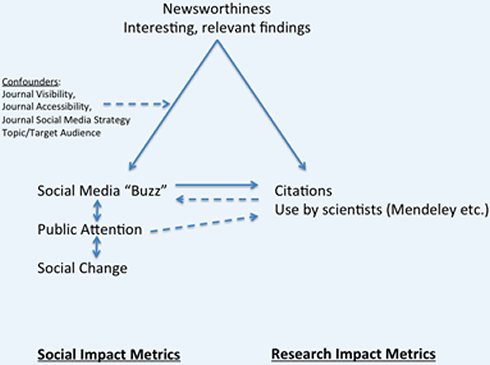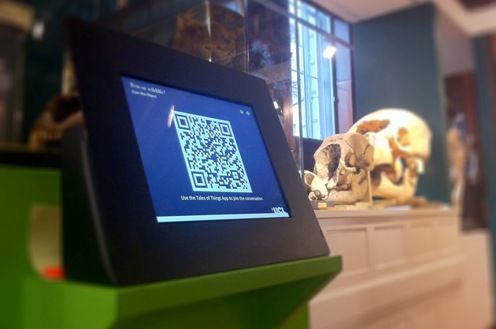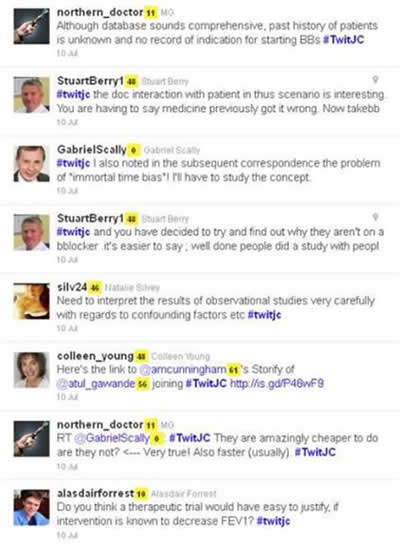Scientific publishing as it stands is an inefficient way to do science on a global scale. A lot of time and money is being wasted by groups around the world duplicating research that has already been carried out.
FigShare wants to change this. A data sharing platform where researchers can add figures that might otherwise go unpublished, FigShare has recently been relaunched following investment from Nature’s sister company, Digital Science. It allows researchers to publish all of their findings in an easily citable and discoverable manner.

“During my PhD I became very aware that a lot of my research data would never see the light of day outside my lab meetings. It made more sense to me to make all of my research data openly available,” said Mark Hahnel, founder of FigShare. As the first online repository for storing and sharing preliminary findings in the form of individual figures, datasets, media or filesets, users can post preprint figures to claim priority and receive feedback on findings prior to formal publication. In doing this, it is thought that other researchers will not duplicate the work, thus making research more efficient and releasing hidden, raw data. more…




